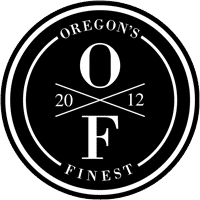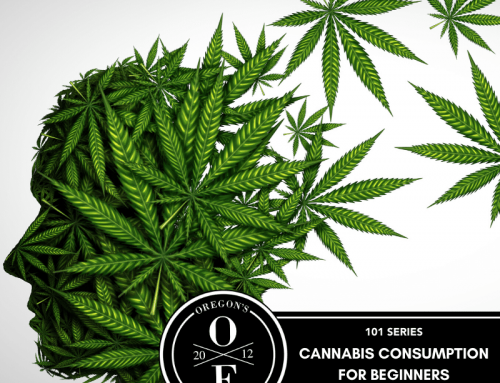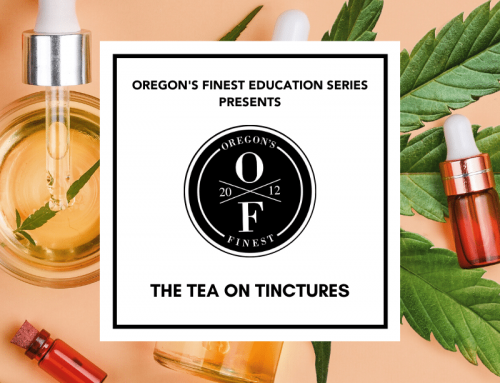By Andrew Quinn
When you visit the grocery store looking for produce, for example, you are usually presented with two options: organic and non-organic. Let’s say you are buying apples. You can choose to buy non-organic apples and save a bit of money, or you can spend a little extra and buy organic apples. If you have chosen non-organic, those apples you just bought could be riddled with toxic pesticides, covered in a harmful wax coating, or even genetically modified using strange compounds. The organic, USDA certified organic apples, on the other hand, are supposed to have none of those potentially dangerous additions. The same logic applies to cannabis.
Cannabis cannot technically be denoted as “organic,” due to the USDA being controlled at the federal level, which does not recognize cannabis as a legitimate agricultural crop; however, being “Clean Green Certified” is basically the cannabis industry’s organic analog. Developed in 2004, the Clean Green Certified program seeks to employ the use of organic and environmentally sustainable practices in all aspects of cannabis production. From selecting the type of seed to processing matured cannabis flower, everything is taken into account. Soil, nutrients, pesticide use, mold treatment and dust control are all tested to ensure that cannabis products, claiming to be Clean Green Certified, are of the utmost quality. In addition, Clean Green Certification requires each cannabis operation to craft “a carbon footprint reduction plan, water conservation measures and fair labor practices.”
Using these methods, the consumer can be sure that if they buy Clean Green Certified cannabis products, they are basically buying organic quality that is also fair-trade. At Oregon’s Finest, our mission is to deliver the highest quality cannabis products that are developed with sustainability in mind. This is why we are proud to feature cannabis products from Clean Green Certified farms and companies. We offer Clean Green Certified products from Liontree, sofresh, and Green Bodhi farms.



